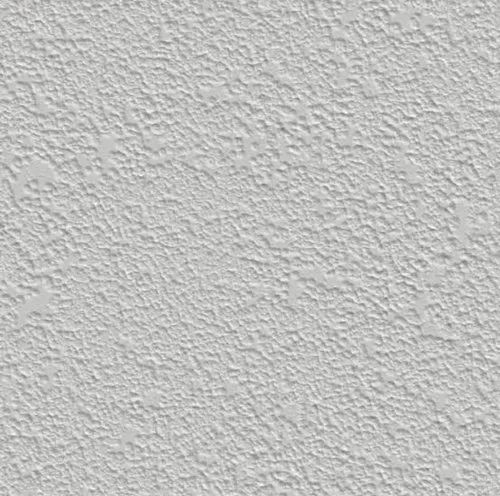Retaining walls are essential structures that help prevent soil erosion and provide support for sloping landscapes. They are commonly used in residential and commercial properties to create level areas for gardens, patios, and driveways. However, choosing the right materials for a retaining wall can be a daunting task, especially for those who are not familiar with the construction industry. In this article, we will discuss the best materials for a retaining wall and their advantages and disadvantages.
- Concrete Blocks
Concrete blocks are one of the most popular materials for retaining walls. They are durable, long-lasting, and can withstand extreme weather conditions. Concrete blocks come in various sizes and shapes, making them versatile for different types of retaining walls. They are also easy to install and require minimal maintenance. However, concrete blocks can be expensive, and their weight can make them challenging to handle during installation.
- Natural Stone
Natural stone is a popular choice for retaining walls because of its aesthetic appeal. It can add a rustic and natural look to any landscape. Natural stone is also durable and can withstand harsh weather conditions. However, natural stone can be expensive, and its weight can make it challenging to handle during installation. It also requires regular maintenance to prevent weed growth and erosion.
- Timber
Timber is a cost-effective option for retaining walls. It is easy to install and can be customized to fit any landscape. Timber retaining walls are also environmentally friendly and can blend well with natural surroundings. However, timber is not as durable as other materials and can rot or decay over time. It also requires regular maintenance to prevent insect infestation and decay.
- Gabion Walls
Gabion walls are made of wire mesh baskets filled with rocks or other materials. They are a cost-effective option for retaining walls and can be customized to fit any landscape. Gabion walls are also environmentally friendly and can blend well with natural surroundings. However, gabion walls can be challenging to install and require professional expertise. They also require regular maintenance to prevent weed growth and erosion.
In conclusion, choosing the best material for a retaining wall depends on various factors such as budget, landscape, and personal preference. Concrete blocks and natural stone are durable and aesthetically pleasing but can be expensive. Timber is cost-effective but requires regular maintenance. Gabion walls are a cost-effective option but require professional expertise. It is essential to consult with a professional contractor to determine the best material for your retaining wall.
About Author
You may also like
-
Why PTFE Coated Fiberglass Cloth is the Future of High-Temperature Insulation
-
PU Coated Fiberglass Fabric Buyer Guide for Industrial Applications
-
18mm Furniture Board: The Ultimate Guide for Durable and Stylish Home Furniture
-
18mm Furniture Board: The Ultimate Guide for Durable and Stylish Home Furniture
-
18mm Furniture Board: The Ultimate Guide for Durable and Stylish Home Furniture

